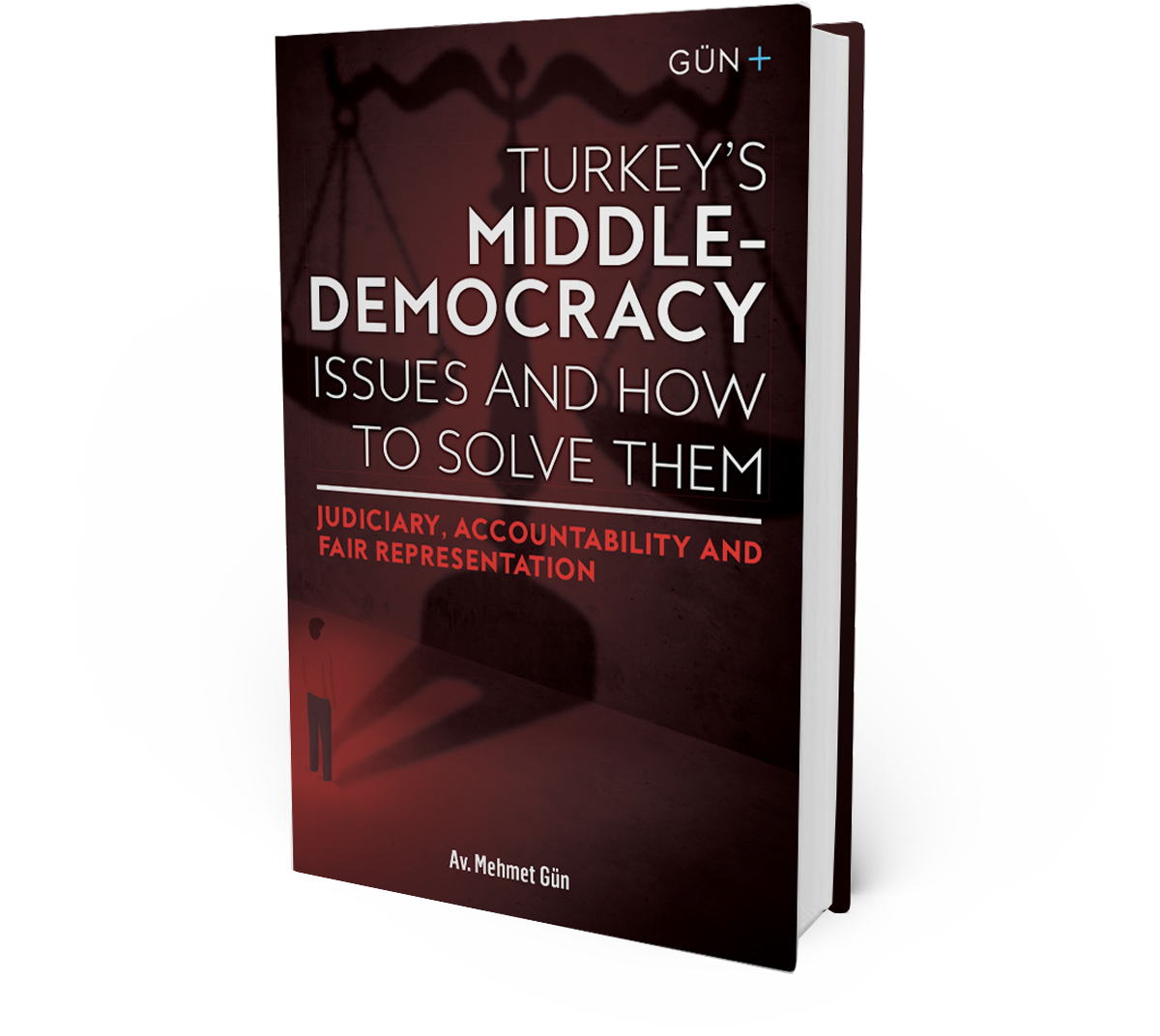Turkey’s Middle-Democracy
Issues And How To Solve Them:
Judiciary, Accountability And Fair Representation
As Turks, we owe a debt of gratitude to Atatürk and his fellow fighters. It was they who set out to raise our nation to the highest standard of civilization and prosperity. Starting almost from scratch, Turkey has succeeded in joining the leading economies of the world and established a bedrock of democratic governance.
Turkish society has readily adopted – and, indeed, now presses the government for – that democratic governance. Yet democracy remains inconsistent in Turkey. Our economy suffers ups and downs depending on the foresightedness of our government, and it is by no means easy to make a long-term plan to enhance the nation’s welfare in a sustainable fashion. Yet the occasions on which it has failed or been interrupted have served as lessons from which we can learn.
In essence, however, Turkey’s challenge is not actually the protection of democracy but the prevailing rule of law over the judiciary – both in establishing accountability and for fair representation. When this fundamental problem is solved, the problem of maintaining democracy will also be automatically resolved.
The non-accountability of the judiciary and civil servants is one of the greatest issues we are facing in the rule-of-law field, and the cause of the many paradoxes afflicting our country. It is wrong to restrict the independence of the judiciary, of course, but it’s now believed to be justified because the judiciary is not accountable. Making civil servants accountable to the judiciary only with the prior permission of their superiors is also wrong, but the judiciary’s non-accountability offers easy justification. To put it another way, the view that the judiciary is not accountable compromises not only its own independence, but also the accountability of executive power and of public officers, and, as a result, deviations from the rule and supremacy of law are believed to be justified.
This is the paradox, the pressing problem that Turkey must promptly solve. And the solution starts with assuring accountability in the judiciary and in public administration in general via a re-assertion of the rule of law.
The purpose of this book is to identify Turkey’s fundamental problems, to demonstrate the root causes of those problems via the interspersion throughout of references to many legal texts, and to propose suggestions for their solution, thereby plotting a simple road map to democracy. Its aim is to be the most comprehensive of all the works created to date on the democratisation of our nation.
Structural Reforms Summit
“Turkey’s Dilemma: Middle Income and Middle Democracy Traps”
“Structural Reforms Summit”, jointly organized by TURKONFED and Better Justice Association featured prominent Turkish and international experts including Alvaro Rodriguez, UN Turkey Officer in Charge, Bernard Brunet, European Commission Head of Unit Turkey and Prof. Dr. Erinç Yeldan, Professor of Economics at Bilkent University to share analysis and foresights on the subject matter of “Middle Income and Middle Democracy Traps”.
4 Reforms for Better Democracy
1. An Effective Judiciary
A country’s judiciary has a crucial role to play in how it is run. If it is independent of political influence, well-managed and properly resourced, it can be a vital tool in holding the government to account. At the moment, Turkey’s judiciary is unable to do this. As a whole, the system cannot work effectively enough and there is a large backlog of cases. In addition, current rules allow the government to exercise too much power over the judiciary and it is difficult to hold them to account. As such, public trust in the judiciary is currently very low.
In order to improve our country’s judiciary, I propose:
- Creating a Supreme Authority of Justice
- Creating independent organisations for Judges, Prosecutors and Lawyers
- Creating a Supreme Court and
- Introducing a new court for handling cases concerning public servants
- Improving procedural laws and implementing timeframes on court decisions
- Reintroducing interrogation courts
2. Accountability and Transparency
Accountability and transparency are fundamental principles of the law, and these concepts have a lot to offer in wider society too. At present, professional organizations with public institution status and political parties lack the standardised rules and systems to make competition between different points of view fair or representative.
The following key changes could help make the system fairer for everyone, and help the Turkish people feel that they are being fully represented:
- Enact the General Administrative Procedure Rule
- Abolish pre-permission conditions for prosecuting members of the judiciary
- Check the powers of public prosecutors and security forces
- Create a registry of political party members – which is the responsibility of the judiciary
- Have the judiciary oversee intraparty elections
- Transparently record the activities of political parties
- Make political parties’ finances subject to proper scrutiny
- Ensure state subsidies are distributed fairly between competing viewpoints
- Ensure transparency of religious organisations
3. Fair Representation
There are also some key changes that need to be made to the way that elections work in Turkey for the results to truly represent the Turkish people. These changes would make voting systems more democratic and help them to more fully represent people of all perspectives. It is my hope and firm conviction that this would lead to greater engagement with politics.
These changes include:
- Abolishing the delegate system
- Holding two-round elections for single role positions
- Ensuring proportionate majority voting in political elections
- Ensuring the public’s will is reflected in administrative decision-making
4. A New Constitution
A new constitution would be a vital step in enshrining the democratic principles that I have mentioned above. The current Turkish constitution is not fit to govern our society in the democratic way that the Turkish people want.
Before the efforts to make a new constitution begin, the judiciary should be reformed and freedom of expression should be established. These improvements will create an appropriate environment for beginning a solemn and challenging process such as this and foster the necessary spirit of compromise across all groups within the public. A law should be enacted setting out the framework, secretariat, resources and methodology which will govern the process by which the new constitution will be created. The process should not be an initiative given to only one person or group but a common endeavour of the entire public.
Once a new constitution has been created, then the appropriate organization should be created in order to protect it.


